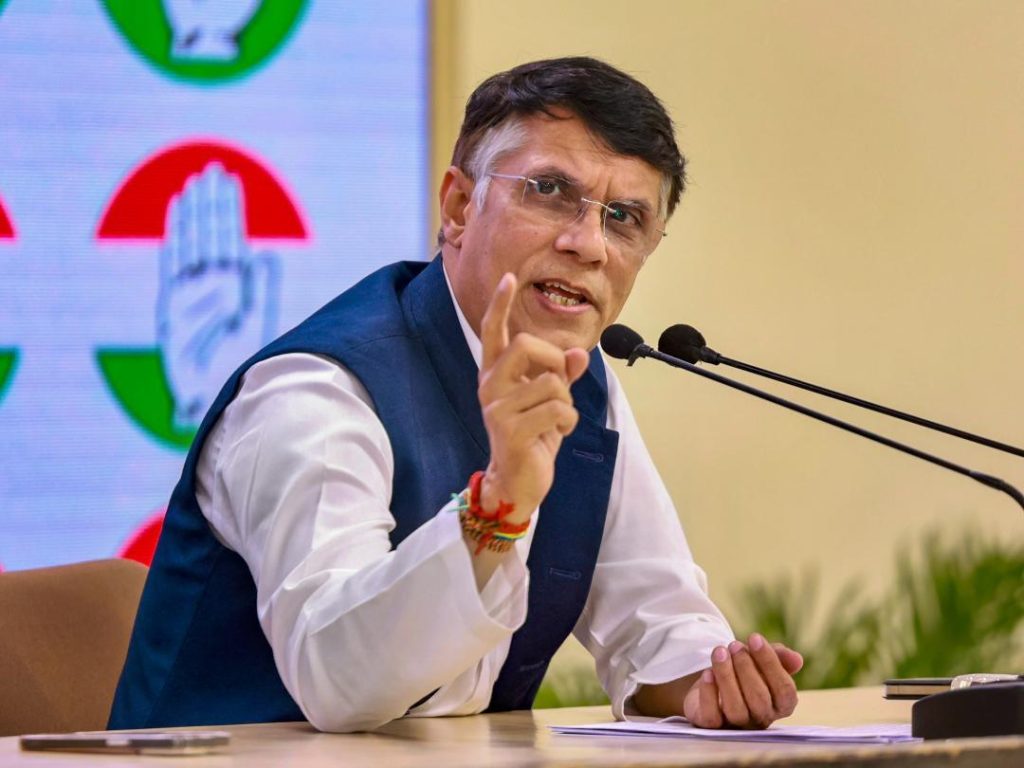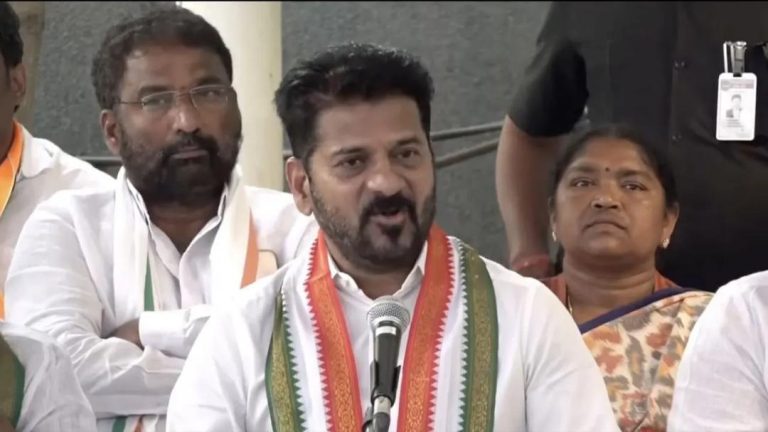
Israel Shares Map Showing J&K in Pakistan, Apologises Later
In a shocking turn of events, the Israel Defense Forces (IDF) recently shared a map that sparked a controversy in India, showing the Indian Union Territory (UT) of Jammu and Kashmir as a part of Pakistan. The move was met with widespread outrage and criticism, with many calling it a grave mistake.
The map was shared on Twitter by the IDF, which is responsible for defending the state of Israel. However, instead of showing the actual borders of Jammu and Kashmir, the map depicted the disputed region as part of Pakistan. The map quickly went viral, with many people sharing it and commenting on the mistake.
The controversy was further amplified when Congress leader Pawan Khera took to Twitter to target Prime Minister Narendra Modi, saying, “Another day, another feather in Vishwaguru’s cap. His ‘friend’ shows J&K as a part of Pakistan.” Khera’s tweet was in reference to India’s close ties with Israel, with the two countries sharing a strong friendship and cooperating on several issues.
Khera’s tweet was soon followed by a barrage of criticism and outrage from various quarters, with many calling for the IDF to apologize for the mistake. The IDF eventually issued an apology, saying that the map was an illustration and did not depict precise borders. However, the apology came a little too late, as the damage had already been done.
The controversy surrounding the map has sparked a heated debate in India, with many questioning the IDF’s knowledge of the region’s borders. How could a country as advanced as Israel make such a basic mistake? The question has left many scratching their heads, and it’s a topic that will likely be discussed for a long time to come.
The controversy has also raised questions about the accuracy of maps used by countries around the world. How often do maps get updated, and what steps do countries take to ensure that their maps are accurate? The incident highlights the importance of keeping maps up to date, especially in regions with disputed borders.
The incident has also led to a renewed focus on the Indo-Pakistani border dispute. The two countries have been locked in a bitter dispute over the status of Jammu and Kashmir, with each side claiming sovereignty over the region. The controversy surrounding the map has brought the issue back into the spotlight, with many calling for a peaceful resolution to the dispute.
The incident also highlights the importance of diplomacy and communication in international relations. The IDF’s apology was seen as a step in the right direction, but it may have come too late to undo the damage. The incident serves as a reminder of the importance of being cautious and accurate when sharing information, especially in matters of international relations.
In conclusion, the incident involving the IDF and the map of Jammu and Kashmir serves as a reminder of the importance of accuracy and precision in international relations. The controversy has sparked a heated debate in India, and it’s a topic that will likely be discussed for a long time to come. The incident highlights the importance of keeping maps up to date, and it serves as a reminder of the importance of diplomacy and communication in international relations.






